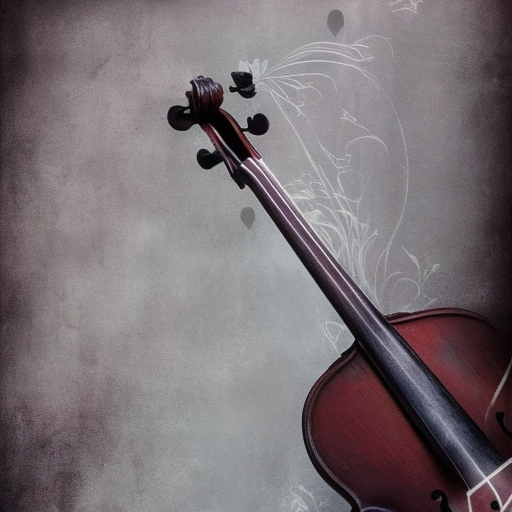One-line Summary:
My Father’s Violin by Andaç Haznedaroğlu
My Father’s Violin is a poignant drama directed by Andaç Haznedaroğlu that explores the power of music to heal and connect across generations. The film follows the journey of a young woman named Elif, played by Melis Birkan, as she uncovers her father’s hidden past through a violin he leaves behind. With a captivating storyline, stellar performances, and a mesmerizing musical score, My Father’s Violin is a heartfelt exploration of family, identity, and the enduring power of love.
Main Cast and Crew:
- Director: Andaç Haznedaroğlu
- Writer: Andaç Haznedaroğlu
- Key Actors: Melis Birkan as Elif, Haluk Bilginer as Elif’s Father, Şebnem Bozoklu as Elif’s Mother
- Music Director: Rahman Altın
- Director of Photography: Gökhan Tiryaki
- Producers: Andaç Haznedaroğlu, Zeynep Atakan
Plot:
My Father’s Violin revolves around Elif, a young woman who discovers a violin hidden in her father’s belongings after his sudden death. Intrigued by the instrument, Elif embarks on a journey to uncover the secrets of her father’s past. As she delves deeper into his history, she learns about his love for music and the sacrifices he made to pursue his passion.
Through a series of flashbacks, the film reveals Elif’s father’s tumultuous journey as a talented violinist in his youth. He faced numerous challenges, including societal expectations, family pressure, and personal tragedies. Elif’s exploration of her father’s past not only helps her understand him better but also allows her to reconnect with her own identity and dreams.
As Elif uncovers the truth about her father’s past, she encounters various characters who played significant roles in his life. These encounters provide her with valuable insights into her father’s struggles, triumphs, and the profound impact music had on him. Ultimately, Elif’s journey becomes a transformative experience, allowing her to find solace, closure, and a renewed sense of purpose.
Themes and Motifs:
My Father’s Violin explores several central themes, including the power of music as a form of expression and healing, the complexities of family relationships, and the importance of embracing one’s true identity. The film also delves into the universal human desire for connection and understanding, highlighting how music can bridge gaps and bring people together.
Throughout the movie, the violin serves as a powerful motif, symbolizing the father’s unfulfilled dreams, his love for music, and the emotional bond between him and Elif. The instrument becomes a conduit for their connection, allowing Elif to understand her father’s inner world and find her own voice.
Reception and Legacy:
Upon its release, My Father’s Violin received critical acclaim for its heartfelt storytelling, strong performances, and evocative musical score. The film’s exploration of themes such as identity, family, and the power of music resonated with audiences and critics alike.
Although the film did not receive widespread international recognition, it garnered several awards and nominations in its home country. It was praised for its emotional depth, nuanced performances, and the director’s ability to create a captivating narrative.
My Father’s Violin has left a lasting impact on cinema, particularly in its portrayal of the transformative power of music and the exploration of personal and familial identity. It serves as a reminder of the importance of pursuing one’s passions and embracing one’s true self.
Recommendation:
My Father’s Violin is a must-watch for those who appreciate heartfelt dramas with strong performances and a captivating storyline. The film’s exploration of family dynamics, personal identity, and the power of music will resonate with viewers on a deep emotional level. With its beautiful cinematography and mesmerizing musical score, My Father’s Violin is a moving cinematic experience that will leave a lasting impression.
Memorable Quote:
“Music has a way of speaking to our souls, connecting us to our past, and guiding us towards our future.” – Elif












